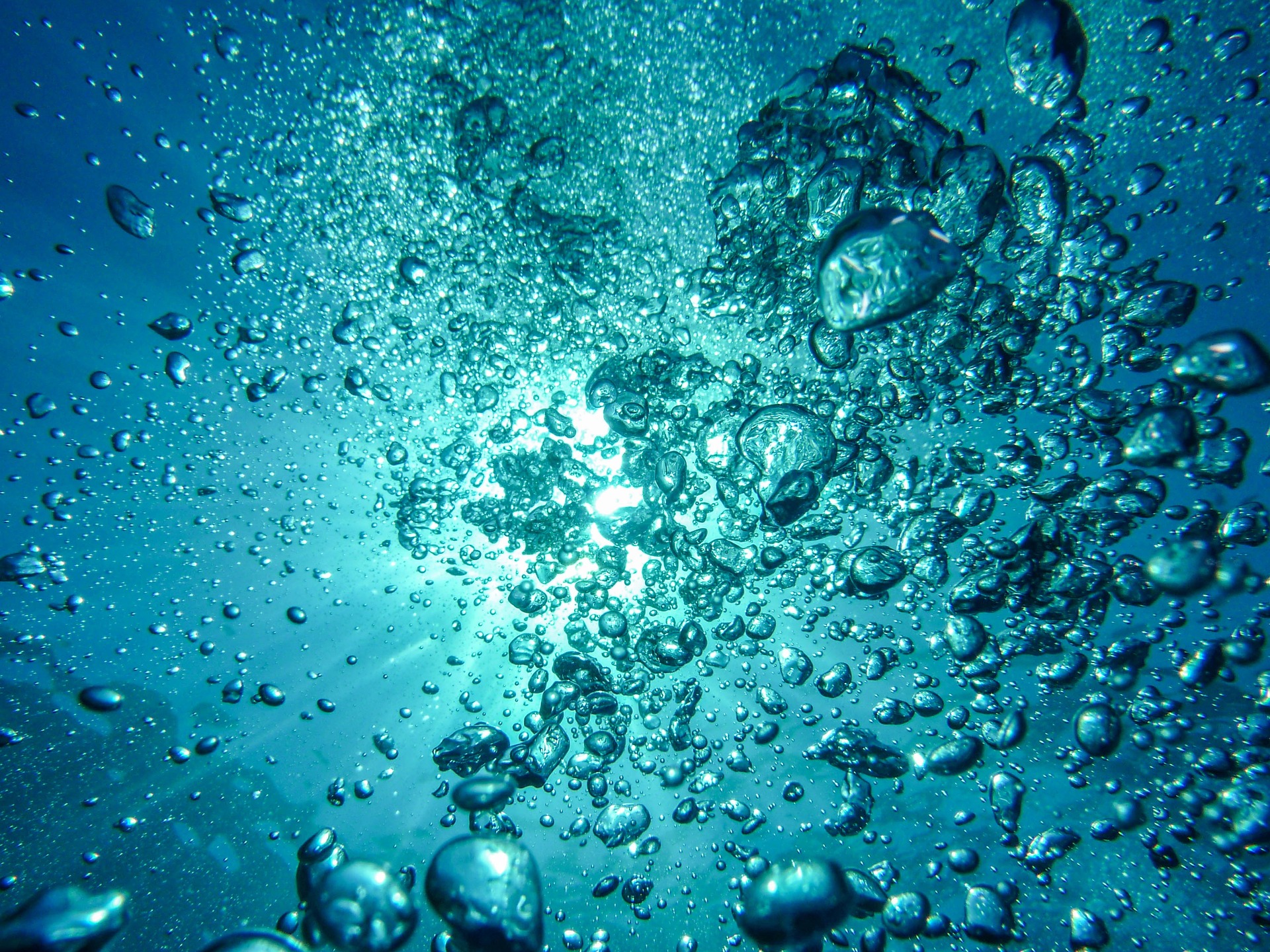Effects of cold water immersion compared to other recovery modalities on athletic performance after acute strenuous exercise in physically active participants: a systematic review, meta-analysis and meta-regression.
Moore E, Fuller JT, Bellenger CR, Saunders S, Halson SL, Broatch JR, Buckley JD. Sports Med. December 17, 2022. doi: 10.1007/s40279-022-01800-1. E-publishing prior to printing. PMID: 36527593.
Full text freely available
Take home message
During post-exercise recovery, cold water immersion (CWI) provides similar benefits to other recovery methods, including active recovery.
Background
Cold water immersion (CWI) is one of several methods intended to speed recovery after training and competition. However, it is unclear whether CWI performs better than other commonly used recovery modalities.
Study aim
The researchers conducted a systematic review and meta-analysis to compare CWI with other modalities regarding athletes’ perceptions, physiological changes, and exercise performance outcomes.
Methods
The authors identified 28 articles through a comprehensive literature search for articles that met specific criteria: (1) peer-reviewed randomized controlled trials, (2) included physically active participants, (3) used CWI after acute physical activity, (4) included a other recovery intervention, and (5) outcomes include recovery of exercise performance, muscle strength, or physiological or perceptual markers of recovery. They excluded articles if participants received CWI in combination with another intervention or if participants completed more than one exercise session. The authors extracted data from the included articles: publication information, study methodology, participant information, CWI protocol, comparator recovery protocol, and assessment measures. They then assessed the quality of each study using the SIGN Checklist for Randomized Clinical Trials. During analyses, the authors examined follow-up assessments at 1, 24, 48, and 72 hours after treatment. Alternative treatments typically include active recovery, massage, contrast water therapy, warm water immersion, and cryotherapy.
Results
Overall, the quality of the included studies was low, with only one considered ‘high quality’ and 24 ‘acceptable quality’. Compared to other recovery methods, the authors found that CWI generally had limited or no effect on the perception of recovery and recovery from 1) delayed-onset muscle soreness, 2) strength performance, 3) strength, 4) flexibility, or 5) physiological problems. markers of muscle damage. Water temperature and treatment duration were not related to the outcomes after KWI.
Viewpoints
Cold water immersion is comparable to other recovery modalities, if not slightly better. The exception, however, was aerial cryotherapy, which may outperform CWI, but future studies need to confirm this. Ultimately, CWI is more clinically accessible than air cryotherapy and should be acceptable because it is comparable to other recovery methods. In fact, there was virtually no difference between active recovery and CWI, providing a more practical and easily accessible recovery method for recreationally active people and those without access to CWI. It would have been interesting to know if the results for CWI differed if the person did partial or full body immersion.
Clinical implications
Clinicians should be aware that CWI provides no or minimal improvement in recovery compared to alternative recovery methods. They need to communicate these findings to patients so they can make informed treatment decisions about whether to perform CWI, air cryotherapy, or active recovery.
Questions for discussion
Under what circumstances do you, as a doctor, prefer CWI over other recovery methods? What feedback have you received from your patients?
Written by Kyle Harris
Reviewed by Jeffrey Driban
related posts
Cold water immersion for the prevention and treatment of muscle pain after exercise
Colder may not be cool for recovery
Delayed onset muscle soreness: freezing or warming?
Whole body cryotherapy for proprioception and muscle damage


Leave a Reply